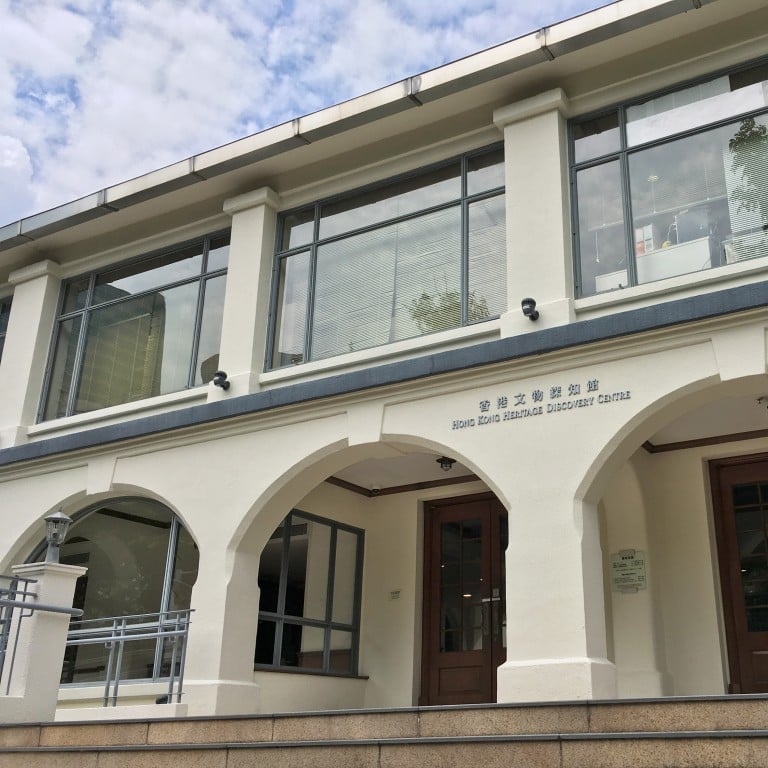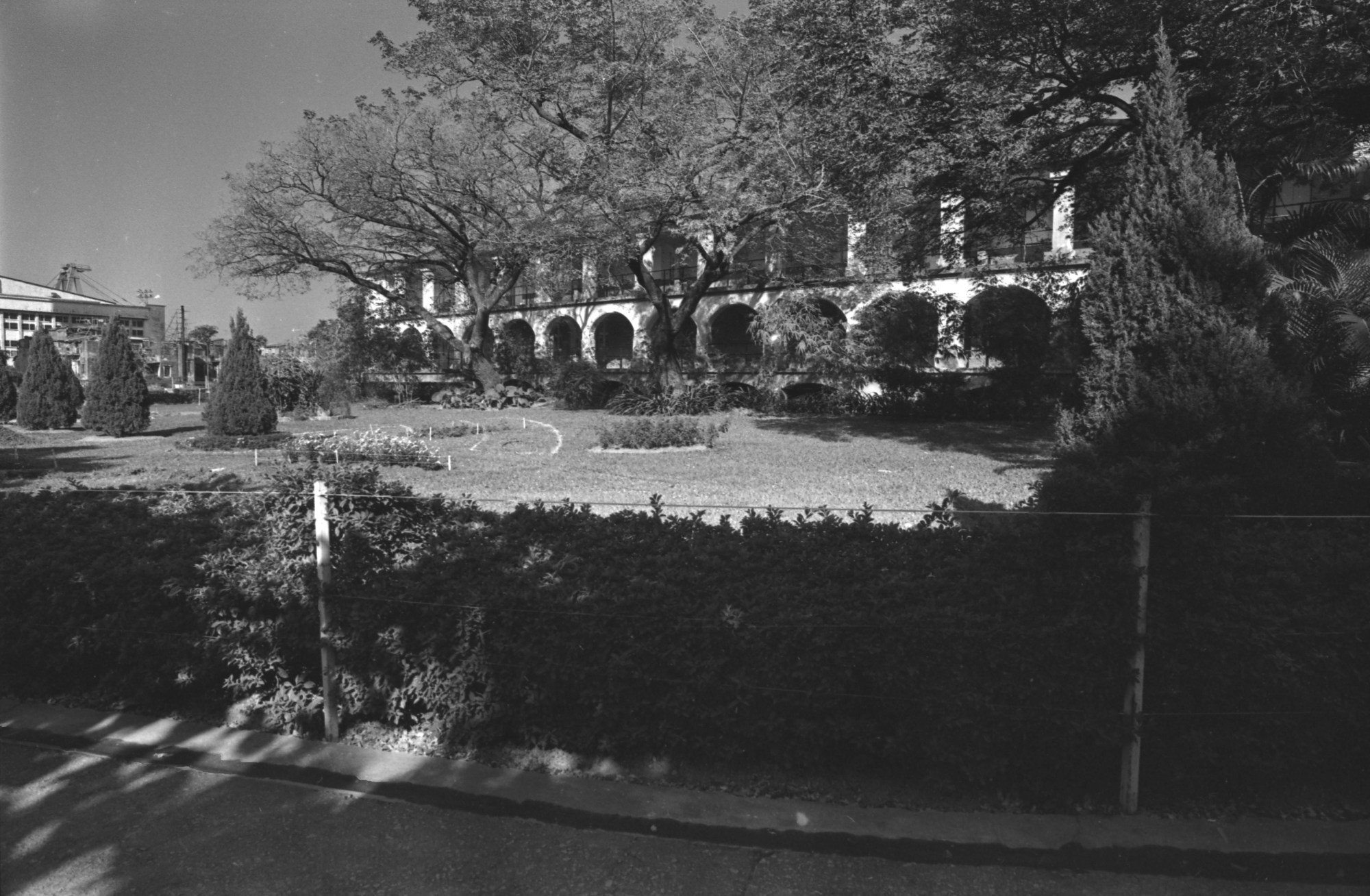
Former Hong Kong British Army barracks to be used to put Chinese culture on parade
- One-time British Army block at Whitfield Barracks to become centre to promote Chinese culture, history and achievements
- New Chinese Culture Promotion Office will also be up and running by next month, with cultural festival scheduled for later this year
A piece of Hong Kong’s colonial military history will get a new lease on life as an activity centre designed to promote Chinese culture.
Part of the former British Army Whitfield Barracks in Tsim Sha Tsui will be repurposed as part of a wider campaign to boost the public’s knowledge of the nation.
A new Chinese Culture Promotion Office (CCPO) will also get its formal launch next month to lead activities, including the first of what will be an annual Chinese Culture Festival this year, in a bid to boost the city’s “cultural confidence and sense of nationhood and national identity”.
The proposals were outlined in a paper prepared by the Culture, Sports and Tourism Bureau, scheduled to be discussed at next Tuesday’s meeting of the Legislative Council’s home affairs, culture and sports panel.

The paper said it was planned to “revitalise and reuse Block 58 of the former Whitfield Barracks in Kowloon Park, Tsim Sha Tsui, and build a new annex and related facilities in the vicinity to set up a Chinese Culture Experience Centre”.
The paper said the centre was scheduled to open in 2028.
Block 58, one of the handful of Grade 1 listed buildings left at the site, is currently used as storage for the Hong Kong Museum of History.
Whitfield Barracks, which once occupied the whole area of Kowloon Park, was handed over to the Hong Kong government in 1967 and redeveloped into open space. Most of the barrack buildings, except four blocks, were demolished.
Hong Kong should promote, preserve its uniqueness to attract tourists: experts
Two of the blocks were converted into the Hong Kong Heritage Discovery Centre in 2005. Another now houses the Health Education Exhibition and Resources Centre.
The experience centre is one of the CCPO’s first initiatives. The office will be run under the Leisure and Cultural Services Department.
The CCPO is expected to hold an exhibition every year to celebrate the country’s development and achievements. It will also organise about 200 sessions of activities to promote Chinese culture and history. It is estimated there will be an annual attendance of more than 700,000 participants for its programmes.
The Chinese Culture Festival will run between June and September when arts groups from a variety of Chinese cities and provinces – including Beijing, Shanghai, Shandong, Shanxi, Zhejiang, Guangdong and Fujian – will stage performances in the city.
The opening programme of the 2024 festival will be Beijing Dance Drama and Opera’s “Five Stars Rising in the East”.
The large-scale dance drama tells the story of a general in the ancient Han dynasty (206BC-AD220) who led an army to defend the country’s western regions and highlights the solidarity of the nation’s ethnic groups.
Hong Kong to set up ‘high-level patriotic education unit’ as national law passed
Film screenings, exhibitions and seminars will also be organised.
The paper predicted about 100,000 people would attend more than 100 sessions of activities during this year’s festival.
Chinese President Xi Jinping highlighted the need for citizens to be confident about their history and culture in his report to the 20th National People’s Congress in 2022.
He also emphasised the importance of extending the reach and appeal of Chinese civilisation on a global basis and telling good stories about the country.
Hong Kong Chief Executive John Lee Ka-chiu announced in last year’s policy address that a museum to showcase the development and achievements of the country, covering such areas as its history, politics, economic development and culture, would be created.
Lee also announced the setting up of the CCPO to plan events to promote Chinese culture and history, as well as patriotic education.

